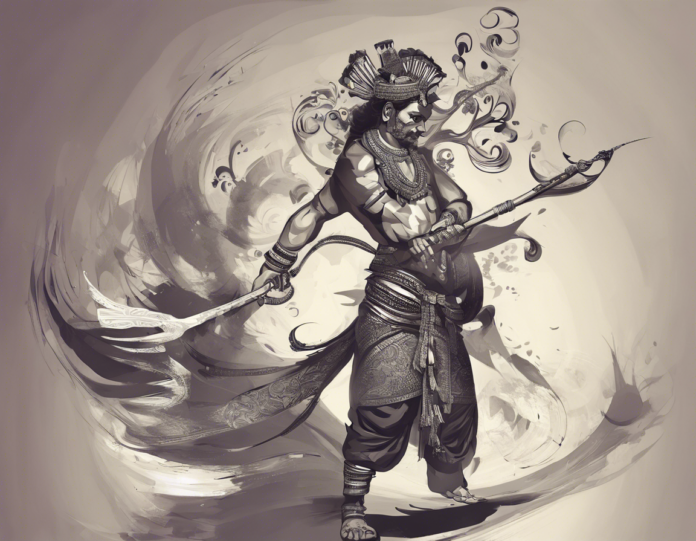Vishwanath Pratap Singh, a prominent figure in Indian politics, left a lasting political legacy that continues to resonate in the country's political landscape. Serving as the 7th Prime Minister of India from 1989 to 1990, Singh was a leader known for his emphasis on social justice, integrity, and political reform. In this article, we will delve into the political legacy of Vishwanath Pratap Singh and how his actions and decisions have shaped Indian politics.
Early Life and Political Journey
Born on June 25, 1931, in Allahabad, Uttar Pradesh, Vishwanath Pratap Singh was a member of the prominent Rajput family of Manda. His early education was at the prestigious Doon School, followed by studies at the Lucknow University where he completed his undergraduate degree in Arts. Singh's entry into politics began at the grassroots level, serving as a member of the local village council. He then progressed to state politics, becoming the Chief Minister of Uttar Pradesh in 1980.
Mandal Commission and Social Justice Reforms
One of the defining moments of Vishwanath Pratap Singh's political career was his implementation of the Mandal Commission recommendations. The Mandal Commission, formed in 1979, was tasked with identifying the socially and educationally backward classes in India. In 1990, Singh, as the Prime Minister, announced the implementation of the Mandal Commission report, which reserved 27% of government jobs for Other Backward Classes (OBCs). This move was aimed at addressing social inequities and providing opportunities for historically marginalized communities in India.
Economic Policies and Reforms
Vishwanath Pratap Singh's tenure as Prime Minister was marked by his focus on economic reforms and tackling corruption. One of the significant decisions he made was the initiation of the liberalization of the Indian economy, a process that was further advanced by his successors. Singh's government also introduced measures to combat black money and tax evasion, demonstrating his commitment to transparency and accountability in governance.
Stance on Corruption and Political Integrity
Singh was known for his unwavering stance against corruption in politics. His decision to investigate the Bofors scandal, a major arms deal that implicated several influential politicians and officials, showcased his commitment to upholding political integrity. Despite facing backlash and challenges, Singh remained resolute in his pursuit of justice and accountability, setting a precedent for future leaders to prioritize ethical conduct in public office.
Legacy and Influence on Indian Politics
Vishwanath Pratap Singh's legacy continues to influence Indian politics in various ways. His emphasis on social justice and inclusion paved the way for affirmative action policies that have shaped the country's socio-political landscape. Singh's commitment to combating corruption also inspired a new wave of anti-corruption movements and advocacy in India, leading to legislative reforms and heightened public awareness on the issue.
FAQs:
1. What was the Mandal Commission, and why was it significant during Vishwanath Pratap Singh's tenure?
The Mandal Commission was formed to identify socially and educationally backward classes in India. Singh's decision to implement the Commission's recommendations and reserve 27% of government jobs for OBCs was a significant step towards social justice and inclusion.
2. How did Vishwanath Pratap Singh contribute to economic reforms in India?
Singh initiated the liberalization of the Indian economy and introduced measures to combat corruption, emphasizing transparency and accountability in governance.
3. What was the Bofors scandal, and how did Singh address it during his tenure?
The Bofors scandal involved a major arms deal with allegations of corruption. Singh's decision to investigate the scandal demonstrated his commitment to political integrity and accountability.
4. How has Vishwanath Pratap Singh's legacy influenced Indian politics today?
Singh's focus on social justice, integrity, and anti-corruption measures has left a lasting impact on Indian politics, shaping policies and public discourse on these critical issues.
5. What were some of the key challenges faced by Vishwanath Pratap Singh during his time as Prime Minister?
Singh faced opposition and resistance to his reform measures, including the Mandal Commission implementation and anti-corruption efforts. However, his determination and commitment to his principles remained unwavering.

